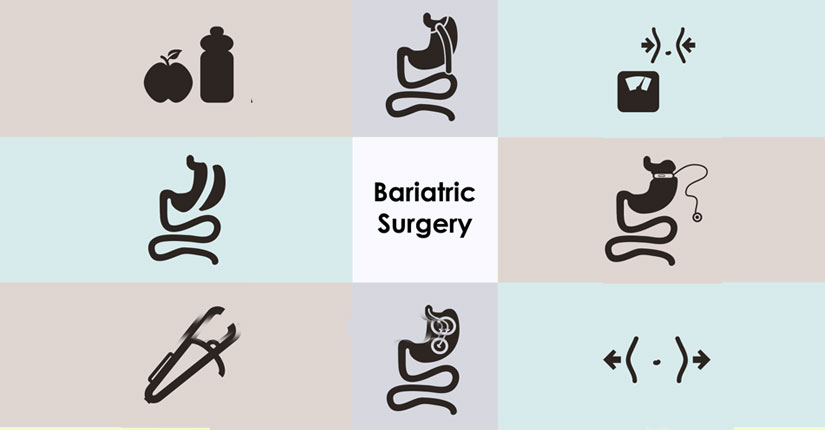A To Z of Health – “W” is to Watch Out for your Weight
By Nmami Life Editorial 06-Feb 2020 Reading Time: 5 Mins

None of us likes to see the numbers on the weighing scale suddenly shoot up and secretly everyone wishes for the same number to decrease without putting in much effort. The most vital part of an effective weight-management program must be the prevention of unwanted weight gain in the form of excess body fat.
What factors help you contribute to a healthy weight?
Various factors contribute to a person’s weight and these include environment, family history and genetics, metabolism (the way your body changes food and oxygen into energy), and behaviour or habits.
- Energy Balance
Energy balance is essential for maintaining a healthy weight. The amount of energy or calories you get from food and drinks (energy in) should be balanced with the energy your body utilizes for body processes like breathing, digesting, and being physically active (energy out):
- The amount of energy IN and energy OUT overtime should be the same = energy balance
- More energy IN than OUT over time = weight gain
- More energy OUT than IN over time = weight loss
Measuring Body Fat Content
A person’s weight is made collectively from water, organs, bone tissue, fat, and muscle tissue. Having more fat mass could be an indicator of disease risk, but fat mass also varies with sex, age, and physical activity level. Females have more fat mass, which is needed for reproduction. The required fat content of a female is between 20% to 30% of her total weight and for a male is between 12% to 20%. Fat mass can be measured in a variety of ways like the simplest and lowest-cost one being is the skinfold test.
- Measuring Fat Distribution
Total body fat mass is one indicator of how healthy you are; another is how the fat is distributed in the body. The fat on the hips is better than fat in the belly. Fat can be found in different areas in the body and it does not all act the same, meaning it differs physiologically based on location. Fat deposited in the abdominal cavity is known as visceral fat and it is a better predictor of disease risk than total fat mass.
- Body Mass Index (BMI)
Body mass index (BMI) is more predictive of body fatness than weight alone and is calculated using height and weight measurements and. BMI measurements are used to indicate whether an individual may be underweight (with a BMI less than 18.5), overweight (with a BMI over 25), or obese (with a BMI over 30). High BMI measurements can be warning signs of health hazards ahead, like cardiovascular disease, Type 2 diabetes, and other chronic diseases.
Few tips to keep in mind to manage a healthy weight which are as follows:
- Prepare meals at home and carry home-made lunches
- Remember to estimate or measure portion sizes in restaurants
- Recognize fat content of menu items and dishes on buffet tables
- Limit alcohol consumption and eliminate smoking
- Substitute low-calorie for high-calorie foods
Over to you
The point is you should not rush for achieving an ideal body weight by starving yourself or following a crash diet but definitely target for maintaining a weight which is almost close to your healthy ideal weight and this can be best done by monitoring yourself. Self-monitoring of dietary intake and physical activity enables the individual to develop a sense of accountability and is one of the cornerstones of behavioural treatment.


















